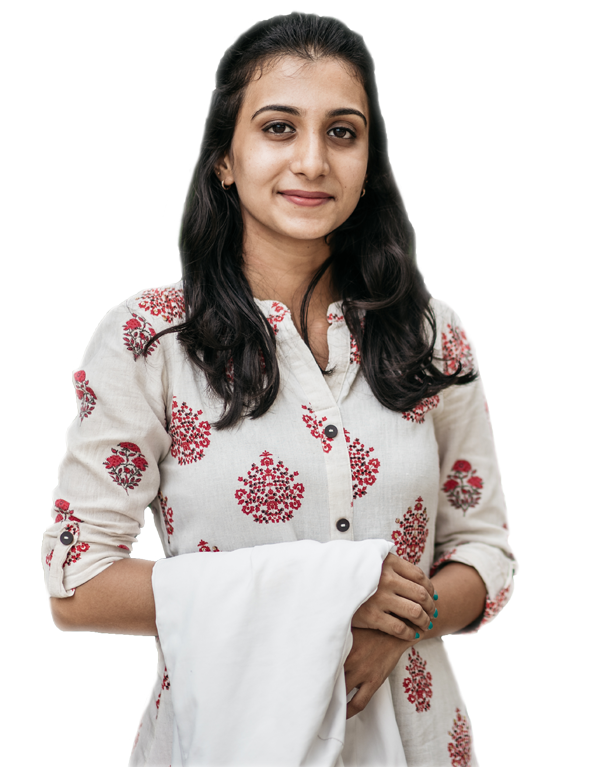
Eligibility
Pass in MBBS from a recognized medical college with permanent registration of any State Medical Council. Candidate should be NEET-PG qualified.
Admission to both General and NRI category seats in MD/MS is based on inter-se merit in NEET-PG.
Admission Procedure
In addition to the basic eligibility criteria mentioned above, students seeking admission to MD/MS program will be required to qualify in the National Eligibility cum Entrance Test, NEET-PG which will be conducted by the National Board of Examinations (NBE) generally in January each year. The responsibility of NBE is limited to the conduct of NEET-PG, declaration of the result and providing the result to MCC, DGHS, MoHFW for onward transmission to State Counselling Authorities. NBE has no role in counselling and allotment of seats.
Application form for NEET-PG can be submitted online through the website www.nbe.edu.in on notification. Students are advised to carefully read the Information Bulletin and keep the correct details ready, before submission of the form. Kindly visit www.mcc.nic.in after announcement of the NEET-PG results to know the procedure of counselling in Deemed/Central Universities.
The fee structure of MD/MS is made available on our website www.nitte.edu.in
Documents required for admission to MD/MS (Original + 3 attested copies)
- Admit card issued by NBE
- Result/rank letter issued by NBE
- NEET-PG allotment letter & score card
- SSLC or equivalent marks card or birth certificate
- MBBS degree marks cards of all years
- Internship completion certificate
- Provisional/MBBS degree certificate
- Medical Council Registration certificate
- Karnataka Medical Council Registration certificate (compulsory for all students)
- MCI recognition of MBBS degree
- Transfer certificate
- Conduct certificate
- Migration certificate
- Physically handicapped certificate issued by the authorized medical boards (if applicable)
- Physical fitness & blood group certificate
- PAN card copy of the parent and student
- Aadhaar card copy of the student
- For NRI category admission: NRI status proof (Passport copy, employment certificate, Residence proof, Income tax documents, Sponsorship letter of parent/sponsor)
- Photographs: Recent colour photo with white background, of resolution 300-600 dpi & size 35 mm x 45 mm (P.P size 5 Nos.) & size 20 mm x 25 mm (Stamp size 5 Nos.)
For any information regarding the admissions,mail us at: info@nitte.edu.in

Program Structure
| Paper I | History of Medicine with special reference to physiology. Comparative Physiology, General Physiology, Membrane physiology and physiology of Blood |
| Paper II | Systemic Physiology including applied aspects of Respiratory Physiology, Cardiovascular, Digestive, Excretory systems, Exercise & Sports Physiology |
| Paper III | Systemic physiology including applied aspects of 26 Central Nervous System, Muscle Nerve Physiology, Special Senses |
| Paper IV | Systemic Physiology including applied aspects of Endocrines, Reproductive Physiology, ChronoPhysiology, Environmental physiology and Physiology of Yoga and Meditation |
Other requirements: Dissertation
Program Outcomes
At the end of the program, graduates will be able to...
- PO1: Demonstrate knowledge of all aspects of general, systemic and Applied Physiology.
- PO2: Demonstrate the skills of clinical examination of human subjects.
- PO3: Apply the knowledge of physiology in various clinical settings to solve diagnostic and therapeutic problems.
- PO4: Demonstrate knowledge of general principles of medical education and select appropriate educational techniques.
- PO5: Search, acquire and critically evaluate published scientific literature using print and digital resources
- PO6: Teach effectively the basic physiological mechanisms of human body and apply this knowledge with reference to the pathogenesis of diseases (pathophysiology) affecting various organ systems and the physiological basis of their management
- PO7: Demonstrate competence in basic concepts of research methodology, effective use of statistical methods and write a scientific paper on the lines accepted by standard scientific journals.
- PO8: Develop a research protocol and conduct relevant clinical/experimental research with significant bearing on human health.
- PO9: Acquire administrative skills to set up concerned department/laboratories and initiate procedure to procure necessary items for running such department/ laboratories.
- PO10: Demonstrate communication skills to effectively interact with peers, students and teachers in teaching-learning activities.
- PO11: Demonstrate adequate knowledge and practice professional ethics and responsibilities of a teacher, researcher and a doctor.
- PO12: Function as a productive member of a team engaged in research and education.


